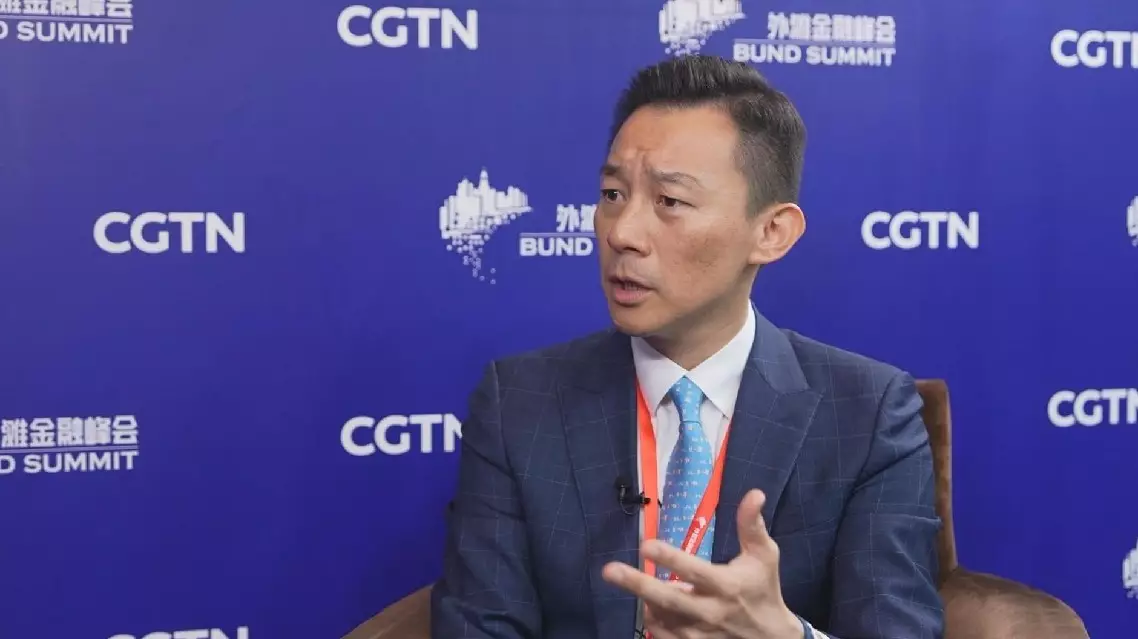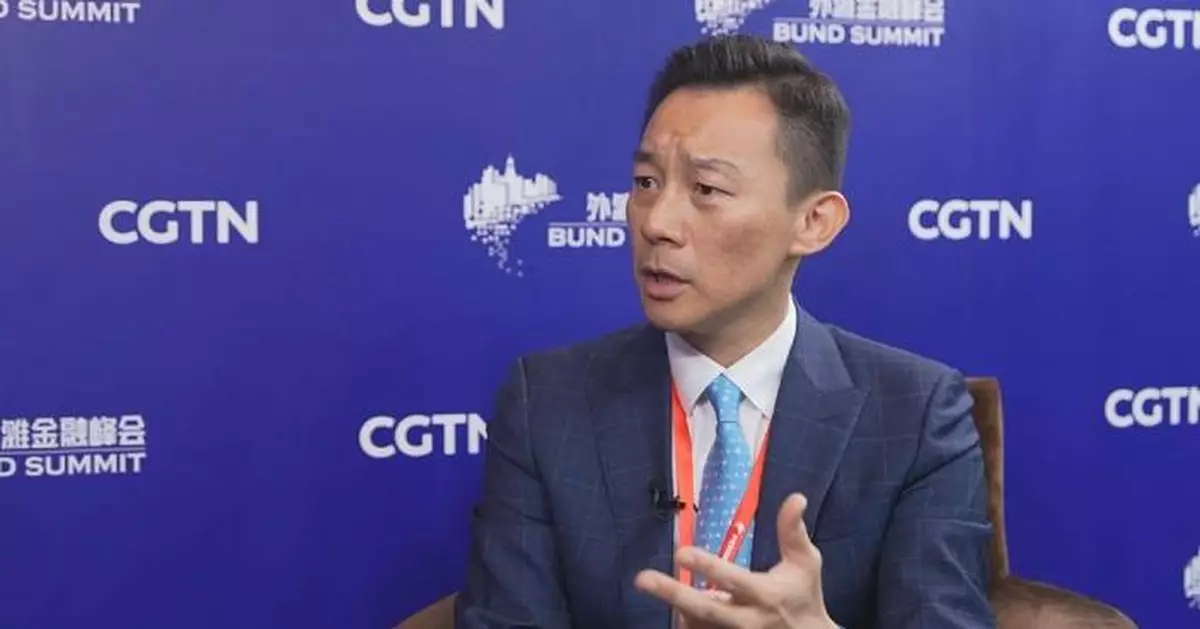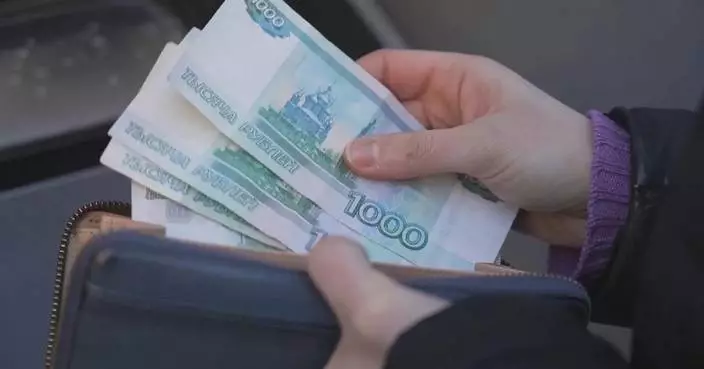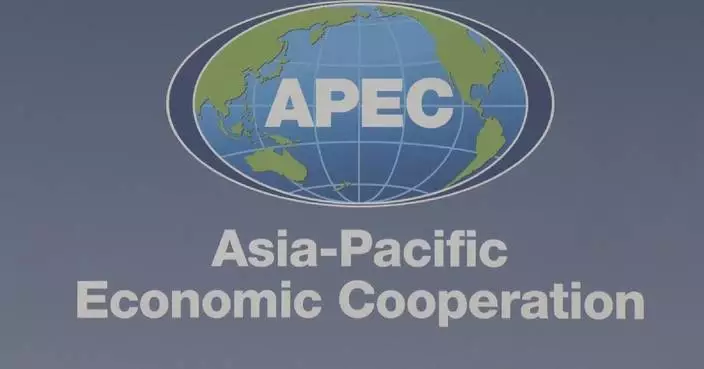China has been recovering better than expected in the current market cycle with good long-term investment opportunities, especially in its leading industrial sectors, said a top official with Amundi, Europe's largest money manager, during the 2024 Bund Summit.
The 2024 Bund Summit, themed "Navigating a Changing World," was held in Shanghai from Sept. 5 to 7, featuring former central bank governors, leading economists and business leaders, among others from across the world.
Eddy Wong, CEO Asia of Amundi, said in an exclusive interview with China Global Television Network (CGTN) that Chinese investors are more inclined to invest in local assets with low-risk portfolios, and gold would be an ideal choice for the current market situation.
"Chinese investors are very home-biased, a little bit like U.S. investors. So, 80 percent or above, they pretty much invest in local assets. So, we have touched on the fact that the wealth management products are pretty much local. I think these are the lower-risk products that they will continue to look for. At the same time, offshore opportunities, especially for the higher net worth clients, they are thinking about how can they better allocate their portfolio and their money by investing in a more diversified way. So, from that perspective, fixed income could pose a bit of interest for many mainland investors. For Amundi, we have different kinds of strategies and one of them, just to name it, is to invest in gold. Think about it, gold is at record high, and if you are able to diversify some of your underlying [assets] to gold, as an example, I am not saying I am promoting gold, but like this is something that could help the investors to ride through the journeys, having more diversified portfolios, I think would help," he said.
Wong also said that some of China's economic sectors are facing short-term pressure, but leading sectors, such as research, development, and manufacturing have huge investment potential in the long run.
"I think China has been recovering better than expected, at least from Amundi's perspective. So, it's okay and this is the market cycle. Right now, I think the key would be to hang onto it, to making sure that the consumption sector and the property sector could be, in the short term, having a bit of pressure. But look at the new energy sector, China is way ahead when it compares to other nations, in terms of solar panels, in terms of EVs, in terms of batteries. I am absolutely confident that we can find good investment opportunities in the long term. You just need to focus on what are the things for that particular sector that could work well, and then underweight the rest," he said.

European asset management giant bullish on investment in China




















































